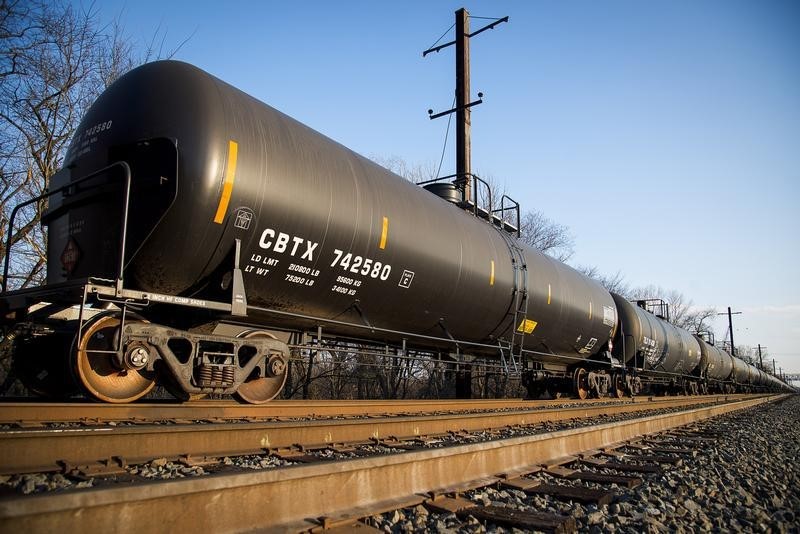This post was originally published on this site
https://i-invdn-com.investing.com/trkd-images/LYNXMPEI5B063_L.jpg
Following are details of the disruption, lost production and reactions from union officials and businesses.
AUTOS
Production at Hyundai Motor Co’s biggest factory complex, in Ulsan, fell to about 60% on Friday because of component shortages caused by the strike, a union official at the automaker said.
The plants operated for extra runs over the weekend to clear backorders. Hyundai said there was disruption but declined to provide details and expressed hope of returning to normal as soon as possible.
Hyundai Motor’s Ulsan factories make about 6,000 vehicles daily, the union says. The strike had cost the automaker 4,000 to 5,000 vehicles as of Friday – worth up to 235 billion won ($180 million).
Several hundred truckers staged a weekend sit-in outside Hyundai’s Ulsan complex but did not block vehicles from going in or out, a Reuters witness said.
Employees at Kia Corp’s Gwangju plant were using newly assembled cars to make deliveries, media reported.
BATTERIES
LG Energy Solution, SK Innovation’s battery unit SK On and Samsung (KS:005930) SDI Co together command more than one-fourth of the global electric vehicle battery market.
One of the three made shipments before the strike as a precaution, a company official said. The firm did not experience disruptions last week but will reassess its handling of shipments if the strike continues, the official said.
SEMICONDUCTORS
The truckers plan to stop shipments of raw materials for semiconductors produced in Ulsan, said union official Park Jeong-tae.
Samsung Electronics (OTC:SSNLF) Co and SK Hynix, two of the world’s biggest memory chip makers, declined to comment.
A major tech manufacturer does not expect near-term disruptions given its inventories of raw materials, an official said.
CEMENT, STEEL
Steelmaker POSCO (NYSE:PKX) said the strike had halted shipments from two plants by about one-third, or 35,000 tonnes a day.
A major cement maker had stopped shipping for four days as of Friday with truckers outside the gate, raw materials were running out and storage was about to hit capacity, an executive said.
Truckers blocked the entry to the work sites of Hanil Cement Co and Sungshin Cement Co in Chungcheong province, Newsis reported. The companies plan to boost shipping by train to minimise the impact, it said.
REFINERS, PETROCHEMICALS
The number of vehicles entering an Ulsan petrochemical complex has fallen some 90% from normal levels and truckers would be telling non-union drivers not to enter the complex, said Park from the truckers union.
The strike threatens logistics for polyethylene and polypropylene, said a person familiar with South Korea’s petrochemical operations.
A major refiner had not seen much impact on shipments and deliveries as of Thursday, and petrol stations usually had inventories to cover two weeks, but the situation would worsen if the strike were prolonged, a company official said.
South Korea has the world’s fifth-largest refining capacity and had 3.3 million barrels per day of crude oil distillation refining capacity at the beginning of 2020.
HITE JINRO
Police have made more than two dozen arrests including members of the truckers union for blocking the Hite Jinro brewery in Icheon southeast of Seoul, Yonhap news reported.
PORTS AND CONTAINERS
Busan Port, the world’s seventh-biggest container port, said the strike had cut its container traffic by two-thirds from normal levels.
Container storage sites are filling up and authorities are discussing measures to secure more, a government official said.
The movement of containers at Ulsan port, which accounts for about 10% of South Korea’s port traffic, has been suspended since Tuesday, a government official said.
($1 = 1,279.3200 won)

